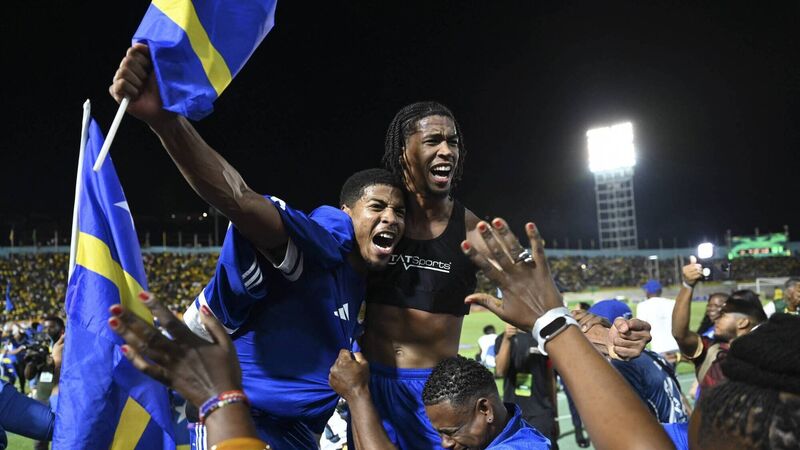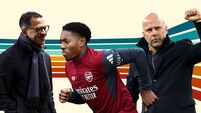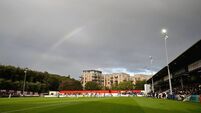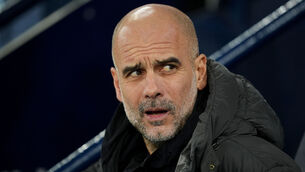‘An impossibility made possible’: how tiny Curaçao made World Cup history

Curaçao players and fans celebrate World Cup 2026 qualification after a 0-0 draw with Jamaica at the National Stadium in Kingston, Jamaica Photo by RICARDO MAKYN/AFP via Getty Images
The delay in Dick Advocaat becoming Curaçao’s head coach might have been ominous but instead was the foundation for glory. Frustrated by the national federation’s financial problems, he deferred starting until January 2024, when the issues were resolved and players paid, paving the way for a historic World Cup qualifying campaign.
Curaçao will be the smallest nation – by land area and population – to play at the 2026 World Cup after their 0-0 draw in Jamaica on Wednesday. The Caribbean island has a population of 156,000, sinking the previous record holders Iceland, which has about 400,000 inhabitants. Last month Cape Verde were confirmed as surprise tournament debutants but the African nation is almost 10 times bigger by area than the former Dutch colony, indicating the level of achievement by Advocaat and his squad.











